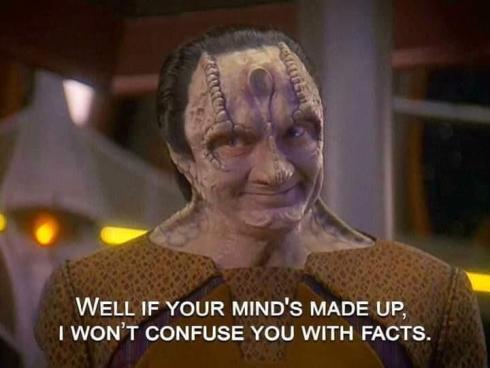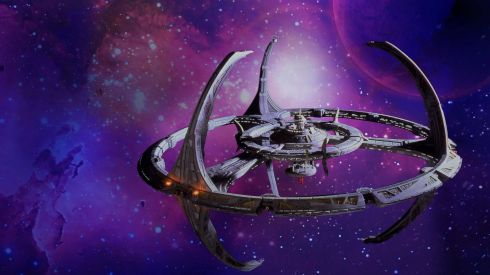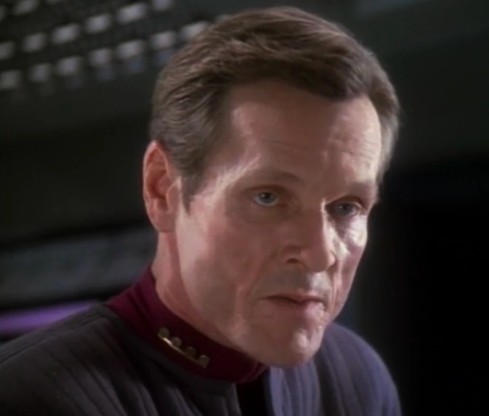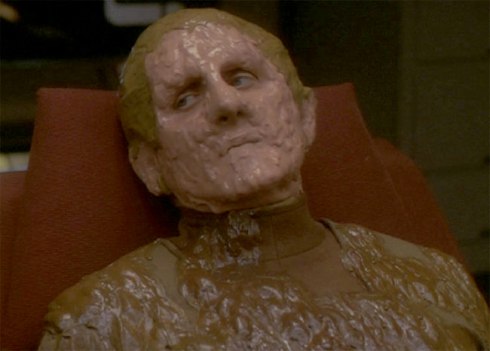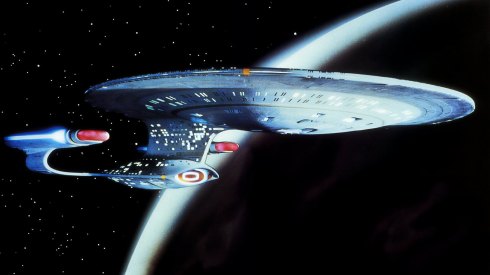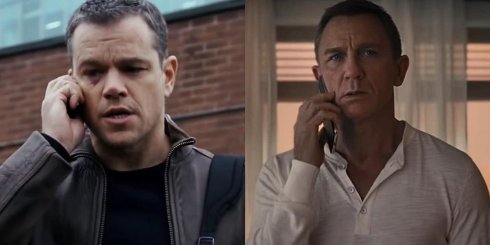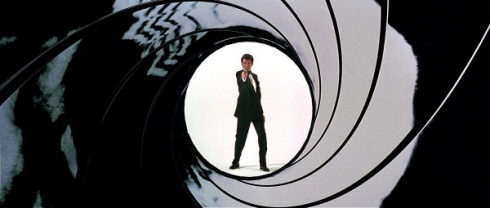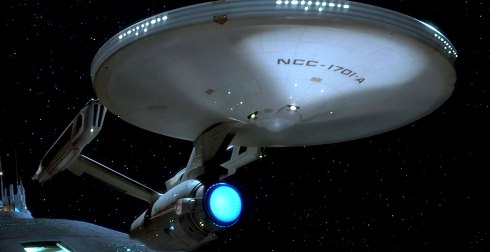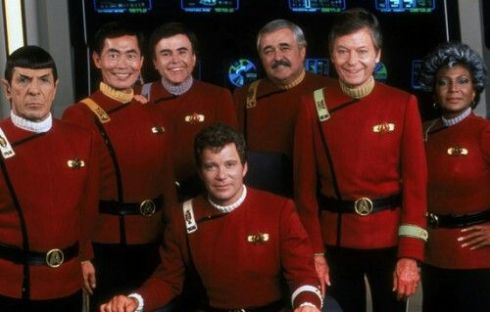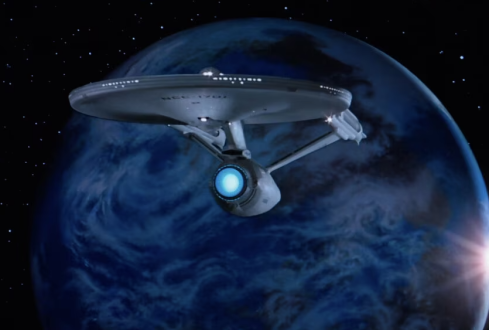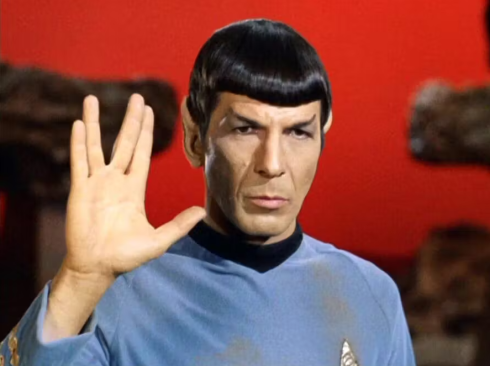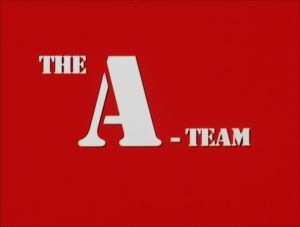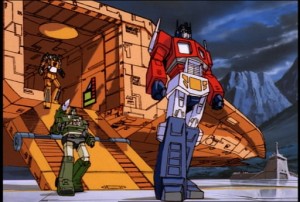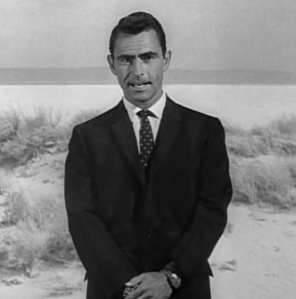The Paramount+ streaming service released the latest Star Trek movie, Section 31, a few weeks ago to pretty lackluster reviews. While Rotten Tomatoes is definitely not the end-all, be-all barometer of how media is received, the movie currently sits (at the time of this writing) at 17%, lower even than Star Trek: Nemesis and Star Trek V: The Final Frontier.
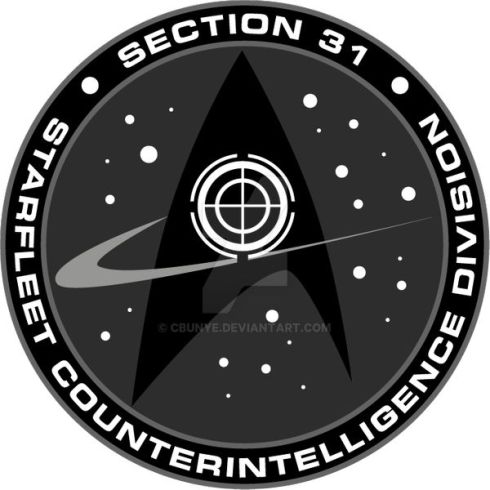
To be clear, this blog post is not about the movie, despite having “Section 31” in the name. I have not seen the movie in question, and likely won’t, for reasons that will become clear here shortly. Instead, I want to explore the concept of Section 31, why I think it undermines the underlying ideals of Star Trek, and why that matters maybe more than we think.
I have Jerry Goldsmith’s incredible Star Trek: The Motion Picture score (where we first get the theme that will eventually be the Next Generation theme) playing in my headphones, so let’s do this.
What is Section 31?
First, in case there is any doubt, let me say that I absolutely love me some Star Trek: Deep Space Nine, where the idea of Section 31 was originally established. Some of the best writing and acting Star Trek has ever had came from those seven seasons of television. Garak may very well be my favorite Star Trek character of all time, played by the incomparable Andrew Robinson. The slow breakdown of Avery Brooks’ author persona in “Far Beyond the Stars” stands out as one of the best performances I’ve ever seen, Star Trek or otherwise.
DS9 put aside the episodic nature that TNG had in favor of long story arcs that took place over multiple episodes, or even several seasons. It also wasn’t afraid to show a Federation that was facing its own extinction at the hands of the Dominion, and the desperation that evoked, such as in the episode “The Pale Moonlight.” It didn’t try to romanticize war. Quite the opposite, in fact. While it was certainly a darker and grittier Star Trek, even at its most dire, it wasn’t nihilistic. There was always hope, even if it was, as Gandalf would call it, a fool’s hope.
It was into this environment that we first meet Section 31, a super-secret wing of the Federation’s Intelligence services, first introduced in the 6th season episode, “Inquisition.” At the end of this episode, we find out that Section 31 has been around since the founding of the Federation.
We subsequently meet the face of Section 31, Luther Sloan (played by William Sadler), again in “Inter Arma Enim Silent Leges,” where a Section 31 operation frames an innocent Romulan Senator, who was an ardent supporter of the Federation/Romulan cooperative effort, as being a traitor to the cause, who is likely executed for her supposed crimes.
Lastly, in “Extreme Measures,” it’s revealed that Section 31 has engineered a virus to kill Changelings in an attempt to eradicate the Founders of the Dominion. Sloan dies in this episode, allowing the characters to stop this genocide before it starts, but it’s implied that there are so many more operations that Section 31 has going on that nobody has any clue about, and with his death, likely never will.
The Damage Report
So, we have kidnapping, murder, assassination, and out-and-out genocide. If those seem like very un-Federation things, even the characters in the show are appalled by Section 31’s actions. Odo even comments, “The Federation claims to abhor Section 31’s tactics, but when they need the dirty work done, they look the other way. It’s a tidy little arrangement, wouldn’t you say?”
While there is a line saying that Section 31 is not precisely affiliated with Starfleet or the Federation, they are still part of the Federation’s founding charter, so presumably they’ve been around since the very beginning doing some truly horrific things just behind the scenes.
This is framed by Sadler’s character as Section 31 doing the dirty work so that the people of the Federation can sleep well at night, protecting people of virtue from the external threats of those who do not share their high-minded ideals.
Effectively, that means that mankind never really changed. Despite all of the great speeches by Kirk and Picard about how humanity was able to grow out of its infancy in a post-scarcity society and become something greater, something more noble than where we are right now, it’s really just an illusion. All this time, Section 31 has been quietly clearing the way for the Federation to appear as this enlightened society, but that was never really the case. The utopian idea of the Federation is a lie.
For my part, undercutting the Federation like that really takes the heart out of Star Trek. I think the idea of Section 31 actually does significant damage to the intellectual property as a whole. Those three episodes of DS9 really opened Pandora’s box.
Unfortunately, the Kurtzman-era of Star Trek can’t seem to get enough of Section 31. The movie was meant to be an entire series, but Michelle Yeoh won a much-deserved Oscar, so the project was limited in scope to a single, feature-length movie. No shade on the actors or crew, but I hope that’s as far as it goes and Section 31 can be retired for the time being.
The Jason Bourne Effect
Allow me a brief sidebar about James Bond. So, when Daniel Craig took over the role of 007 in Casino Royale, it was clear that they had scaled back a lot of things from Pierce Brosnan’s last entry in Die Another Day. This Bond had little in the way of spy gadgets or tricked out vehicles. While not precisely humorless, there was none of the playfulness and fun that had come from many other installments in the franchise. The whole tone and presentation of the story felt way more like the Jason Bourne movies with a grittier, more grounded approach.
The issue is that Bond had its own unique kind of formula, something we didn’t really get anywhere else. Sure, Austin Powers, parodied that formula to the nth degree, but it was able to do so because the Bond Formula was so successful and recognizable, having drawn in audiences for 40 years by the time of Craig’s run as the master spy. Timothy Dalton’s License to Kill was the one that famously departed from that formula, and it showed. Bond was simply on a revenge trip against a major drug cartel figure. Up until that point, there had been a Bond film every two or three years since the original Dr. No in 1961. After License to Kill, it was six years before Brosnan brought Bond back in 1995’s Goldeneye, which saw a return to the proven formula.
Jason Bourne was meant to stand in contrast to Bond, as something in the same genre but fundamentally different. If audiences wanted a harder-edged look at the spy game, they already had that with the Jason Bourne movies and other series like them. Bond, on the other hand, was a unique blend that we didn’t really get anywhere else. By making Bond more like Bourne, we lost the uniqueness of the franchise. After that, it felt like any other spy movie series.
What does any of that have to do with Star Trek? Simple, we don’t get a whole lot of truly utopian science fiction. If you want dystopian sci-fi, you are literally spoiled for choice. There’s a lot of it out there. When you make Star Trek nihilistic and hypocritical, you’re losing the very thing that set Star Trek apart and made it such an enduring and iconic franchise in the first place.
Why It Matters
Okay, so if it’s just a TV show and series of movies, why would any of that really matter? Who cares besides a bunch of fanboys? Well, think about the sheer number of people over the years who have become doctors, scientists, engineers, or any number of other careers, who have made real contributions to these fields because Star Trek showed them a vision of the future that was hopeful, even inspiring.
Look, I get it — we don’t look at the future the same way anymore. When I was a kid, there was still some sense of optimism for the future. Now, more often than not, the future is something that we dread. It could be argued that a darker, less idealistic Star Trek is what appeals to modern audiences, especially younger generations who may not have a whole lot to look forward to as the issues that affect them most are largely ignored or exacerbated.
My counter argument to that would be that bleak times are when we need inspirational fiction more than ever. Remember, TOS came out during the Cold War, when World War II still loomed large in the public consciousness, just three years after the near-apocalypse of the Cuban Missile Crisis, and during the height of the Civil Rights movement.
Kirk’s Enterprise showed us that we could eventually put all of our differences aside and work in harmony. It’s no mistake that there’s a Russian navigator and a Japanese helmsman. The late-great Nichelle Nichols famously told the story of how she wanted to quit the show to pursue her stage career, but was talked out of it by Martin Luther King, Jr. I invite you to watch it you haven’t seen it already. It’s beautiful. In it, she mentions that Dr. King would allow his kids to stay up past their bedtime to watch the show.
My parents did the same for me, who were both big fans. The TOS episodes in syndication would come on late at night, but I was allowed to stay up late to watch them. I have to contrast that against the fact that I wouldn’t allow my young son to watch modern Star Trek really at all, considering the explicit or gratuitous depictions of torture and violence that are extremely frequent (the whole Icheb thing on Picard springs to mind), to say nothing of its lack of a clear moral message and depressing, hopeless tone.
I know it may seem grandiose, even hubristic, to say, but I think the world needs something like Star Trek to show us that all hope isn’t lost, that things can be better — that we can be better. So, when I say that Section 31 erodes all that, and makes Star Trek just like any other grimdark look at the future, it has further-reaching ramifications than being a mere show.
Final Thoughts
In Gene Roddenberry’s vision of Star Trek, we humans finally found our humanity, and built a society based on the better angels of our nature. Star Trek: The Next Generation continued and maintained that vision. Star Trek: Deep Space Nine did as well, at first, but ultimately introduced a concept that, for me, runs entirely counter to everything up to that point. Since it wasn’t really touched on in Voyager or Enterprise, the concept of Section 31 might have stayed contained in those few episodes of DS9.
The current crop of Star Trek shows, however, have instead chosen to embrace Section 31 at almost every turn, culminating with the eponymous movie. I will, however, give credit to Star Trek: Strange New Worlds for attempting to rekindle a bit of that optimism that I think is vitally important, but even it has struggled with being consistent on that count when Captain Pike is likely doomed to be horribly disfigured in an accident that he knows is in his future. Also, the episode “Lift Us Up Where Suffering Cannot Reach” was such an epic downer that it very nearly made me stop watching the show.
So, it is my sincere hope that Star Trek is able to course correct and step away from the Section 31 focus moving forward and get back to showing us a future we would actually want to live in, rather than being, perhaps unintentionally, deconstructionist of the franchise. Bottom line, I have always believed that science fiction is one of the surest ways to inspire ourselves as a people, to give us something to reach for on the far horizon, and Star Trek is at the forefront of that frontier. It would be a shame to lose it, too.
Thanks for reading, I wish you all peace and long life.
